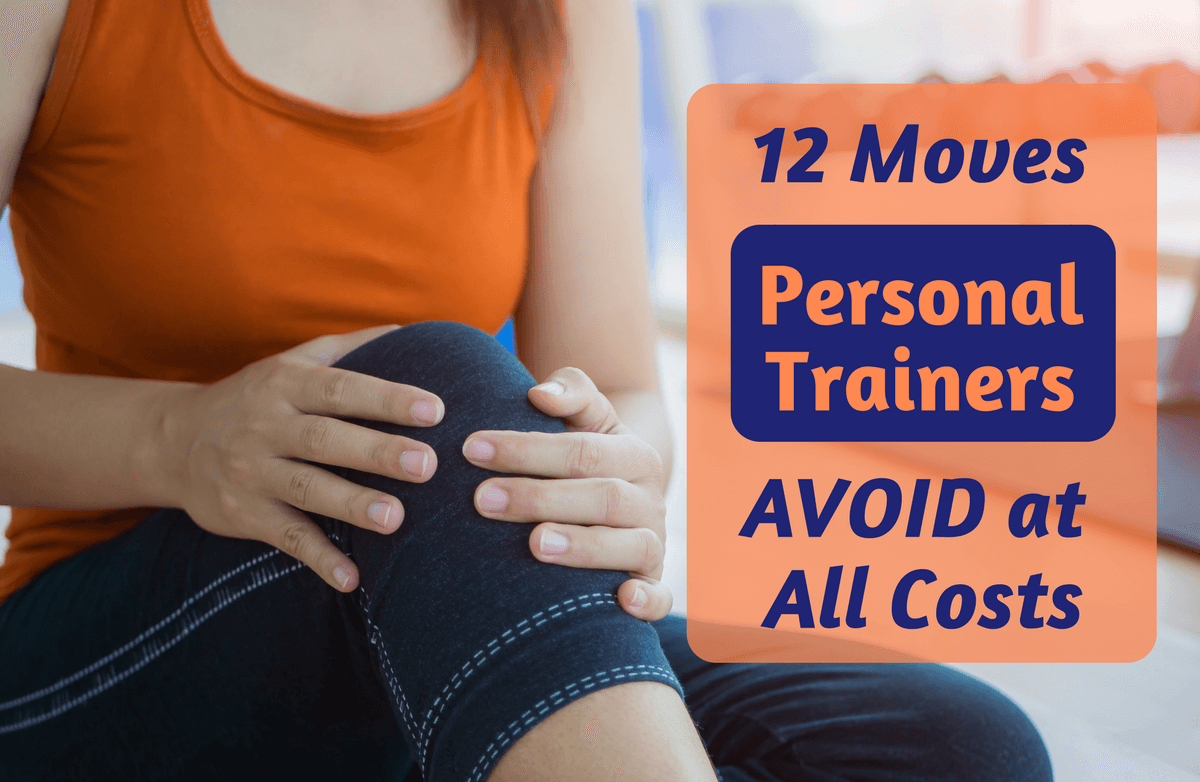There are no shortcuts to living a long and healthy life. By now, it's common knowledge that exercise, a healthy diet, and abstaining from tobacco are critical lifestyle choices that help people maintain a healthy weight and reduce their risk of countless diseases, including heart disease—the number one killer of men and women in the United States. Still, Americans are getting heavier—and unhealthier—despite a growing library of scientific evidence telling us what we should and shouldn't do in order to prevent these problems.
We know what to do. We know which foods are healthy and which ones aren't. We know that we should exercise more, combat stress, stop smoking and get more sleep (among other things). The problem lies in actually DOING it.
How do people change a lifetime of poor habits? How do you lose weight when a toxic food environment tempts you with unhealthy fare to eat at every turn? How do you stick with an exercise plan when it's uncomfortable—or just plain easier to relax on the couch after a stressful day at work? WHY aren't we doing what we know we should be doing?
To answer these questions, the American Heart Association (AHA) looked at 74 published studies on weight-loss, physical activity, and dietary interventions to find out which behavior-change strategies helped people reach their goals and stay heart-healthy. They weren't looking for what to eat or how to exercise; they searched for the specific habits, behaviors and strategies that helped people adopt these healthier habits and stick with them. Their findings, released online last week (view the statement in its entirety here), will also appear in the July 27 issue of Circulation.
They discovered that adopting a healthy lifestyle could boost Americans' average life expectancy by almost 7 years—and doing so is easier than you may think.
A healthier heart starts with a healthy lifestyle that includes losing weight (or maintaining a healthy weight), healthy dietary habits and regular physical activity. The American Heart Association's research review discovered several common-sense steps that helped people achieve healthier lifestyles. Here are some of the takeaways that can increase your chances of success. - Set smart goals. Individuals who set goals had greater adherence to their programs than people who had no goals. But just any old goals won't work. They have to be specific, attainable, and realistic. "Lose weight," is generic, but "Lose 1 pound this week" is specific, realistic, and attainable. However, the AHA's review found that goals that focus on behaviors (such as eating more fruits and vegetables or exercising 3 times a week) rather than physiological targets (such as lowering your cholesterol) are even better because you feel more in control of them—and can see your progress.
How SparkPeople Can Help: The foundation of SparkPeople's healthy lifestyle and weight-loss program is goal setting. We devote much of our resources and "SparkDiet " strategies to helping people develop smart goals that are designed to improve their chances for success. As soon as you set-up a free account at SparkPeople, you're setting yourself up for success by creating goals that are specific, realistic, healthy, and attainable. Far beyond weight-loss goals alone, we encourage people to set goals for habits that will help them reach bigger goals, such as eating more fruits and vegetables, exercising for 10 minutes a day, and drinking 8 cups of water daily. Framing goals in a positive nature—focusing on what you CAN do, not what you can't do is another hallmark of our program.
- Monitor your progress. Now that you have your goals, how do you know how well you're doing? Self-monitoring increases your awareness and helps you recognize when you make progress toward your goals, according to the AHA report. This can be as simple as writing down your food or tracking your workouts in a journal, although electronic and Internet-based tracking systems work just as well and have many advantages, says the AHA. Tracking is important—and a proven key to lifestyle behavior change. The AHA cited one study in particular showing that individuals who tracked their food lost twice as much weight as those who didn't self-monitor their food intake. Frequency matters, too. You have to track, and track often. Another study cited showed that a group who weighed in more often lost more pounds than a group of people who weighed in less frequently.
How SparkPeople Can Help: The most popular and effective tools at SparkPeople are our trackers. You are in charge of your own tracking and you can track a lot of stuff: food, nutrition (calories, fat, vitamins and more), exercises (workouts, calories burned, stretching), your weight, your blood sugar, steps walked, miles run, and just about any other goal you choose to create (if we don't already offer it). We believe in the power of tracking as a means to stay on track and reach your goals. We even take it to another level with SparkStreaks, which involves setting a goal and tracking it consistently for as long as possible—a truly motivating method!
- Find support. Individuals who had more frequent and prolonged contact with others (whether doctors, coaches or support groups) had more success in changing their lifestyle habits. The AHA says that contact can happen in many ways," including face-to-face, telephone, email or through the Internet." What seems to matter most is that people have a reason to come back (to a meeting, group, or website) to get support and accountability to adhere to their program.
How SparkPeople Can Help: Our vibrant and positive Community sets SparkPeople apart from many other programs. Because our community is so large, support is available when you need it virtually 24 hours a day, and that support comes in many forms: private messages, message boards, "SparkTeams " (groups of people like you with similar goals/interests), answers from our Coaches, and more. No man (or woman) is an island. Support when you need it most—and even when you think you don't—plays a big role in your success, so we like to offer it in as many ways as possible. Our internal research has shown that SparkPeople members who actively use our community features are more successful than those who don't use them.
- Get feedback. In addition to goal setting and tracking, feedback is also important. This allows you to understand your current level of performance and set realistic goals to improve. In lifestyle behavior-change interventions, people who received feedback more frequently were more successful in adopting their habits. Feedback acts as reinforcement.
How SparkPeople Can Help: Our fitness and food trackers offer instant feedback when you track your daily actions. You'll see how your choices compare to the recommended levels for reaching your goals. One feature, Nutrition Feedback, even provides suggestions if you find yourself out of range in certain nutritional areas. And our Community can also help by providing suggestions and answers to whatever goals you're working on right now.
- Believe in yourself. The technical term for your confidence in your ability to reach your goals—and perform all the steps necessary to do so, such as cooking, ordering a healthy meal at a restaurant, and exercising at the gym—is self-efficacy. According to the AHA's review of research, programs that helped people improve their self-efficacy had more favorable results than programs that didn't address it. So how do you boost your confidence in these areas? First and foremost by achieving a short and simple goal (SparkPeople calls these fast break goals) to boost your confidence and momentum to continue. There are other ways to boost self-efficacy, but this is the most effective way, say AHA researchers.
How SparkPeople Can Help: Get ready for a fast break! The SparkPeople program begins with you setting three fast-break goals—short, sweet and simple steps that anyone can do, like eating just one serving of fruit each day or exercising for ten minutes. We start this way to get you used to tracking goals and help you build the momentum and confidence you need to continue for the long haul.
- Learn from others. When you watch someone else perform a healthy behavior that relates to your own goals, like exercise, cook a healthy meal, or move past a slip-up, it's called modeling. In a way, modeling adds credibility—it shows you that these things work and that you can do them, too. It also helps build self-efficacy. According to the AHA report, programs that included modeling had higher success rates than those that didn't. Modeling can be done in-person, via videos or even through discussion with others who are doing the desired behaviors you hope to emulate.
How SparkPeople Can Help: Have you checked out our success stories, motivational SparkPages or popular member blogs lately? All three of these community features highlight regular people like you who are winning the weight-loss battle. Our coaches also share their tips and strategies for healthy living through articles and dailySpark blog posts like this one, as well as workout and cooking videos on the site. You can learn from the experts who are "walking the talk" and from your fellow members in whatever way suits you best.
- Accept setbacks. When a person is "aware that it is normal to deviate episodically from the goal behavior, such as missing some scheduled exercise sessions or giving up on the program due to lapses," it can help prevent relapse, according to the AHA report. Instead of expecting perfection all the time, programs that teach individuals that setbacks are normal and can be overcome will result in greater success.
How SparkPeople Can Help: Fortunately, none of this healthy living stuff is about being perfect. We recommend an 80/20 rule where you adhere to your program most of the time, but allow for indulgences and rest days, too. Our motivation resources offer plenty of tips and tactics to help you plan for potential setbacks and recover from them, too.
Perhaps it is possible to have it all! We believe in the SparkPeople program because it works for the millions of members who have joined our free site and used its vast resources, tools and community features to get healthier. The results and recommendations from this AHA study only further prove that what we've been doing for 10 years now really does work. With even more science on your side, now is a great time to recommit to your SparkPeople program or to share this blog with other people in your life who have tried other programs that don't quite deliver. Help us spread the spark today by sharing this information. The easiest ways to share are to: - Click the Facebook "Like" button you see below
- Post this link on your Facebook or Twitter account
- Simply send an email to your friends with a link to this story.
|
|



.jpg)











